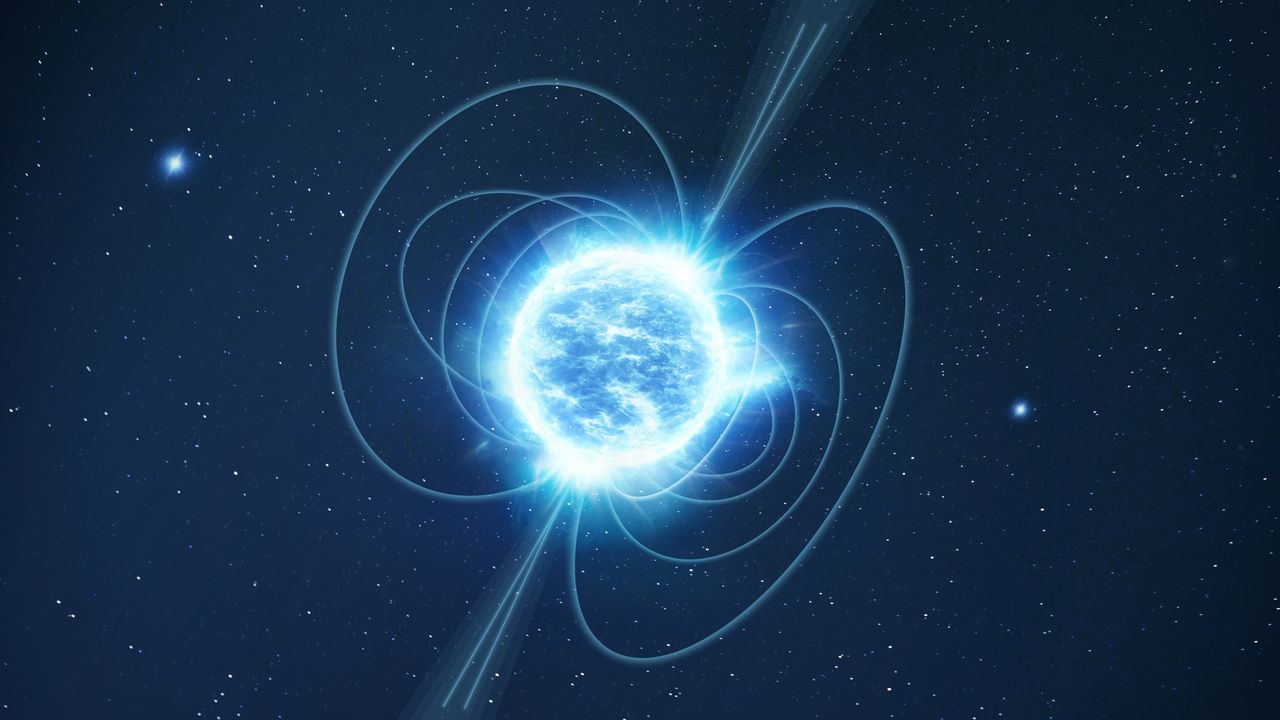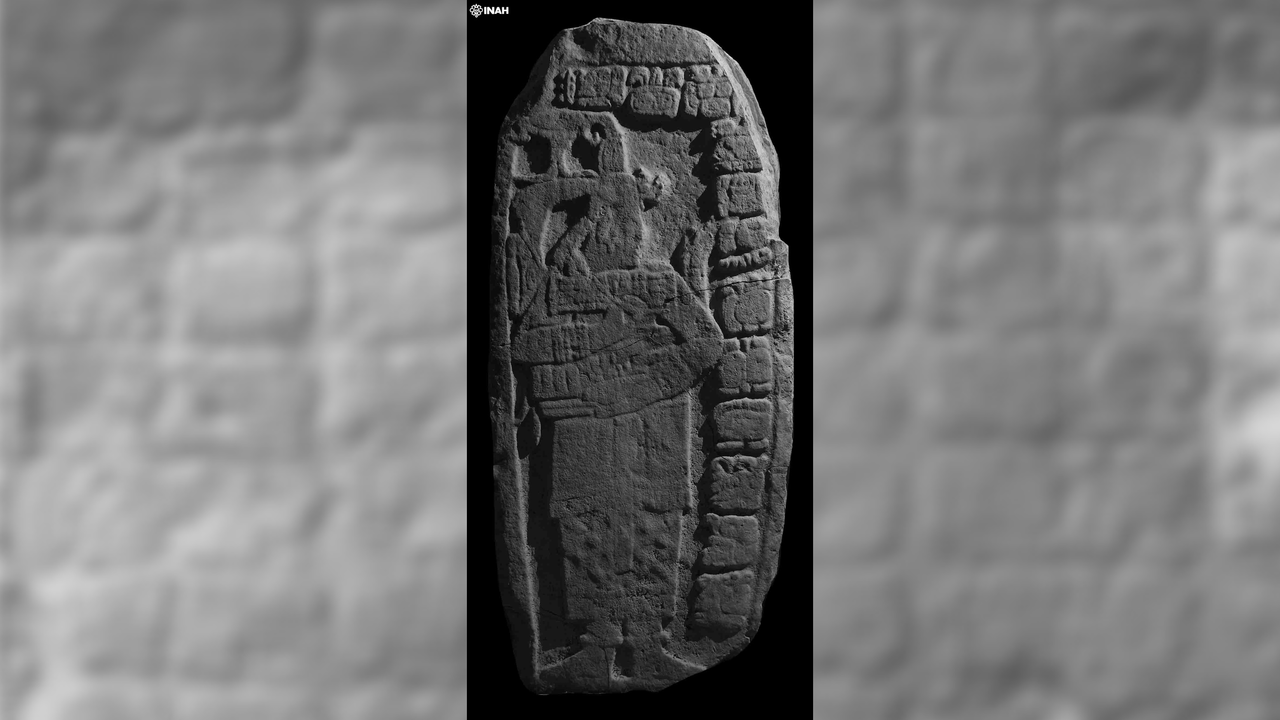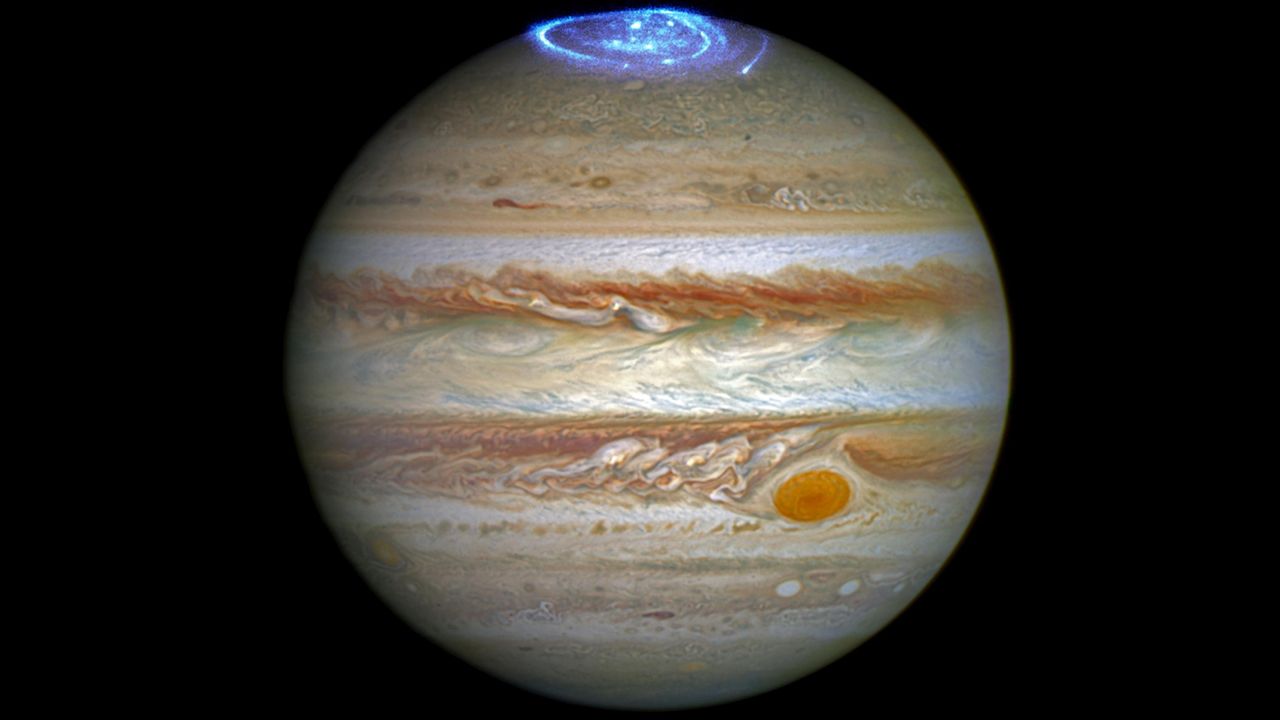Testosterone helps libido in menopause – can it treat other symptoms?
PositiveScience

Recent studies indicate that testosterone replacement therapy may not only boost libido in menopausal women but also help with mood swings and cognitive issues like brain fog. This is significant as it opens up new avenues for managing menopausal symptoms, although some experts remain cautious about its broader implications.
— Curated by the World Pulse Now AI Editorial System






